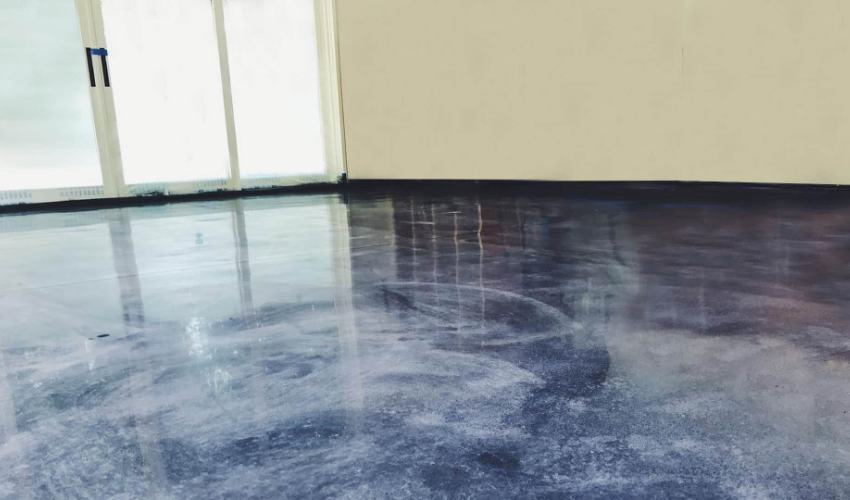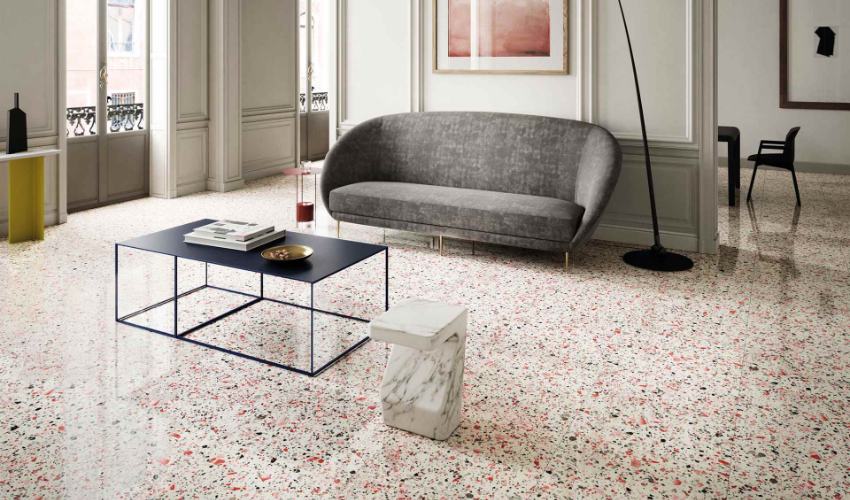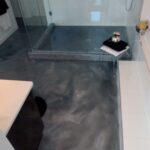There is tile flooring, carpeted floors, laminate floors, and even hardwood. We’ll look at the differences between these flooring materials and discuss which type might be best for you.
Many flooring options are available to buyers, and it can take time to know your best choice.
This article will compare epoxy flooring vs tile flooring to help you choose. As for the floor itself, you may choose from a wide variety of options. But how do these offer advantages and disadvantages? You’ll want to weigh each one carefully before deciding.
Epoxy Flooring
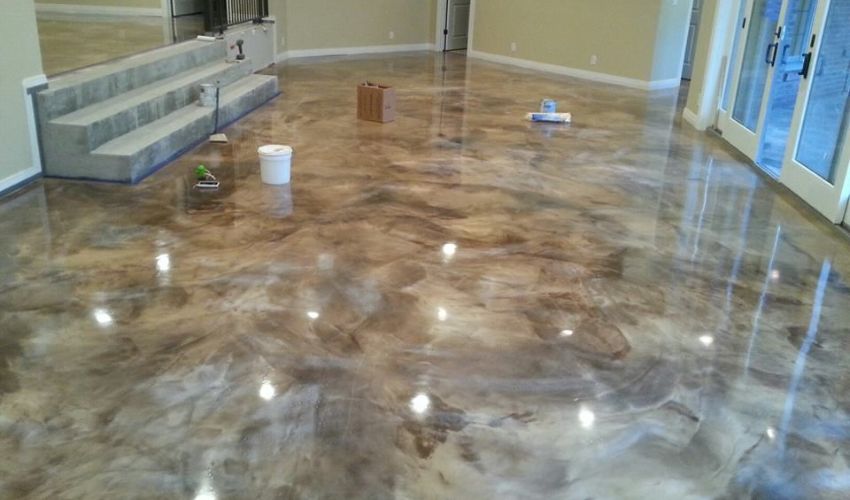
Epoxy flooring consists of a layer of epoxy resin, a polymer applied to the surface of a concrete floor. Epoxy resin flooring is available in various colors and finishes and can be installed over new and existing concrete floors. This flooring is durable, easy to clean, and resists stains and fading. polyoxide flooring is also slip-resistant and non-porous, making it ideal for high-traffic areas.
Advantages of Epoxy Flooring
Multiple layers of epoxy resin are layered to create epoxy resin flooring. This fiber Flooring is often used in commercial and industrial settings because of its exceptional durability and ease of maintenance.
One of the primary advantages of polyoxide flooring is its straightforward maintenance. In contrast to other flooring materials, epoxy floors do not need special cleaning or maintenance. To maintain the appearance of your epoxy floor, you must sweep it often and clean it with a light soap and water solution.
Another critical benefit of epoxy resin flooring is that it is highly durable. Epoxy floors are resistant to stains, scratches, and spills, making them ideal for high-traffic areas. Epoxy floors also do not fade or discolor over time, so you can be sure that your floor will look new for years to come.
Tile Flooring
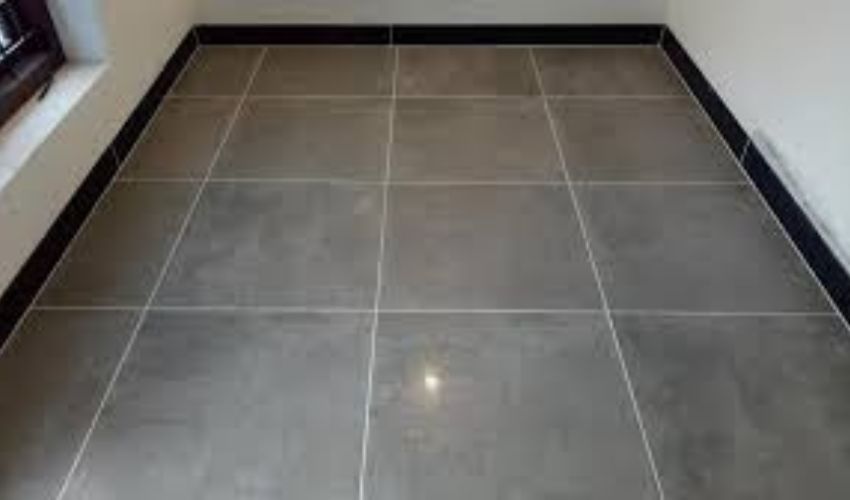
There are many different flooring materials from which to pick. Two popular choices for flooring are tile and epoxy. But which is the best option for you? Here are the advantages and disadvantages of each type of flooring to help you decide.
Tile is a durable material that can last for many years and is easy to clean and maintain. Epoxy is a durable material that can withstand heavy traffic. It’s also slip-resistant and easy to clean. Tile can be cold, hard on your feet, and susceptible to cracks and chips.
Tile’s Benefits
Tile flooring is resilient, simple to maintain, and available in many colors and designs. Kitchens and bathrooms with heavy usage or dampness should use tile. Tile flooring’s advantages include the following:
- Tile can tolerate a lot of wear and tear.
- It’s stain- and fade-resistant, making it ideal for high-traffic areas.
- Tile floors are simple to wash and mop without additional cleansers or treatments.
- You may find tiles in your desired color and design.
- The tile is suitable for kitchens and bathrooms.
How to Maintain your Epoxy or Tile Flooring?
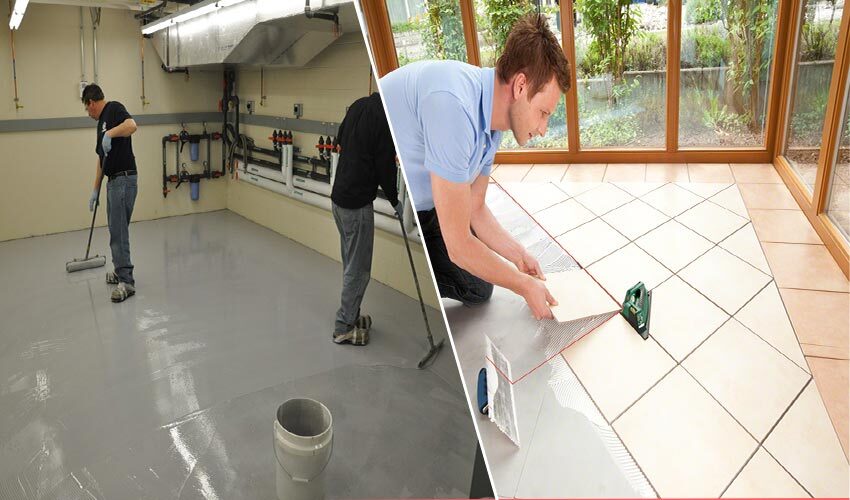
Epoxy resin flooring is a seamless, durable option perfect for high-traffic areas. Epoxy is easy to clean and maintain and resists staining and discoloration. Tile flooring is also a durable option, and it offers a variety of design possibilities. The tile is easy to clean but can be scratched or cracked if not properly maintained.
Which Looks Better: Epoxy Floors or Tiles?
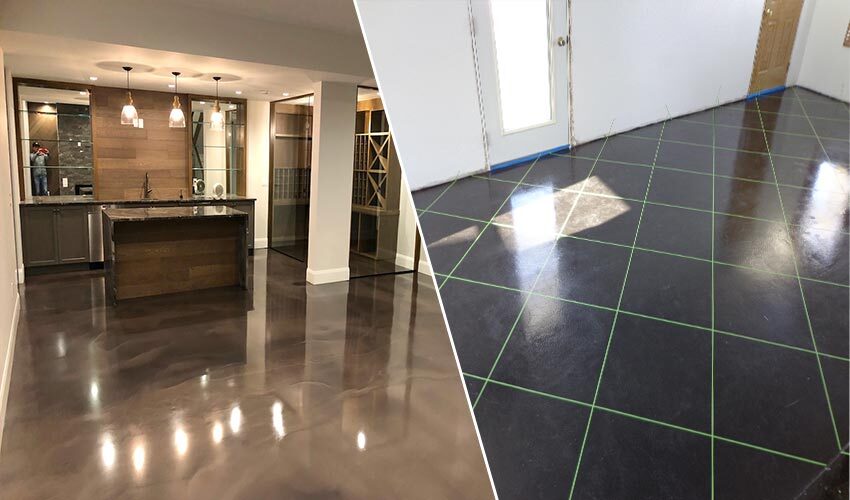
Epoxy resin flooring is just as lovely as tiles. The epoxy may be customized to appear like marble or terrazzo floor and add flake or quartz to epoxy for a contemporary, textured floor. The epoxy may make a room seem more significant since it’s smooth, whereas tiles’ grout lines break up a floor and make it look smaller.
Durability
No tile rivals crystal glued resin flooring’s durability. Polymer oxide flooring is stronger than concrete. Epoxy can withstand automobiles, toolboxes, and big goods being dragged or dumped. This is important for garages or high-traffic areas where tiles might fracture. Epoxy isn’t unbreakable. Abuse may cause chipping or cracking, and it’s not good for moist or moving surfaces.
Such kind of resin flooring is cheaper than tiled flooring. However, it depends on the quality and finishes. Installed epoxy costs $30-$100 per sqm, ceramic tiles cost $90-$150 per square meter, and vinyl tiles cost the same. As with concrete flooring, epoxy is more cost-effective for bigger rooms.
Dirt, Stains, and Upkeep
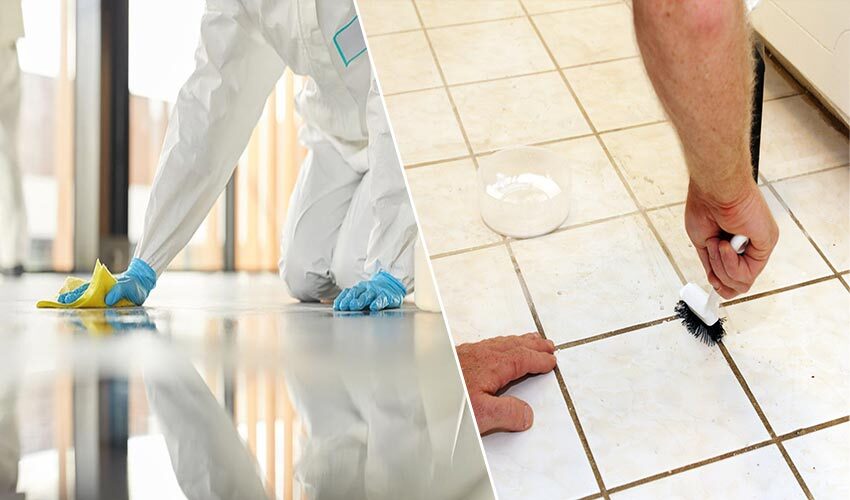
The epoxy may be the solution to your white floor upkeep woes. Epoxy flooring resists oil, gas, bleach, and other chemicals and compounds. Over time, debris builds in ceramic tile grout lines, encouraging bacterial growth and making them hard to clean. Epoxy flooring doesn’t have joints, so bacterial development isn’t a concern. Cleaning is easy – simply vacuum and mop.
Repairs and Installation
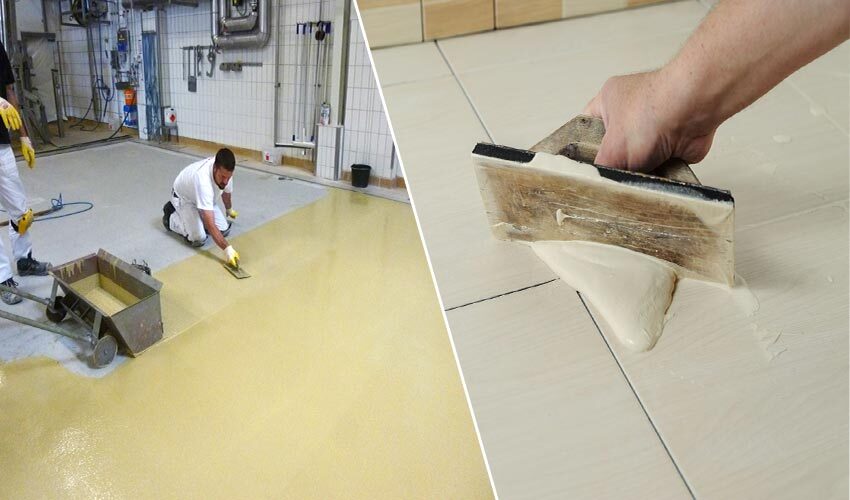
An epoxy floor installation might take longer than tiling due to the necessary preparation and drying time. Changing the color or pattern of an epoxy floor may be laborious and expensive. Epoxy flooring may be slippery while wet, and thus anti-slip additives must be applied during installation.
Cost
Depending on features and finishes, epoxy flooring is typically cheaper than tile. Installed epoxy costs $30-$100 per square meter. Vinyl tiles are similarly priced, while ceramic tiles cost $90-$150 per square meter. As with concrete, epoxy is cheaper per square meter for larger spaces.
Conclusion
There are numerous things to consider while selecting the proper flooring for your house. However, the choice ultimately boils down to taste. If you’re looking for a high-end look, durability, and easy maintenance, epoxy flooring is a great option. Tile flooring may be the better choice if you’re looking for a more traditional look.

